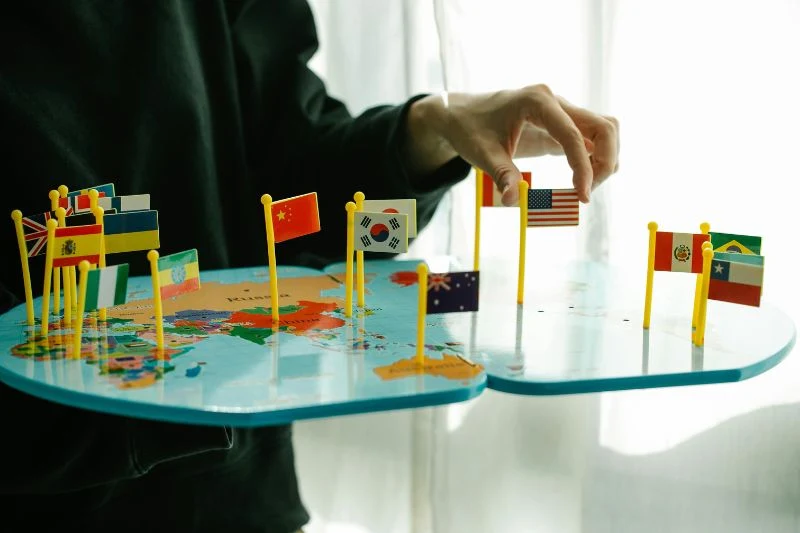Diplomatic Relations: How Countries Work Together Globally
 |
| Diplomatic Relations Between Countries: Building Bridges Across the World |
Have you ever wondered how countries communicate, solve conflicts, and build strong partnerships without using force? The answer lies in diplomatic relations the foundation of global peace, trade, and international cooperation.
Diplomatic relations are the formal connections and interactions between countries. These relationships help nations discuss important issues, make agreements, and support each other in times of need.
Understanding how diplomacy works is essential to grasp how the world stays peaceful and connected. We believe knowing about diplomacy helps us appreciate how global peace is maintained behind the scenes.
What Are Diplomatic Relations?
Diplomatic relations are the formal and organized ways in which countries communicate and work together. These relations are established through official channels like ambassadors, diplomats, and embassies. Their main goal is to keep communication open, solve problems peacefully, and promote cooperation in areas such as trade, security, culture, and more.
Through diplomatic relations, countries build trust, manage conflicts, and work on mutual interests, helping to maintain peace and stability in the world. Without these formal ties, misunderstandings could easily turn into serious conflicts. Learn more about the role of embassies from the U.S. Department of State.
Also read: American Traditions: From Thanksgiving to Tailgating
Importance of Diplomatic Relations
Tools of Diplomacy
Diplomacy relies on several important tools to keep countries connected and working together smoothly. One key tool is ambassadors and embassies. Ambassadors are official representatives sent by their home country to live and work in another country. They act as a bridge, managing communication and helping solve problems between the two nations. Embassies are their offices, serving as a base for diplomatic activities abroad.
Another important tool is treaties and agreements. These are formal, legal documents where countries agree on specific rules for cooperation. Treaties can cover many areas such as trade, defense, or environmental protection. They create clear expectations and commitments, helping to avoid misunderstandings.
Finally, summits and meetings play a crucial role. These are occasions where leaders and diplomats come together face-to-face to discuss pressing issues. Such meetings allow for direct dialogue, quick decisions, and building trust, making diplomacy more effective and personal.
Also read: Zohran Mamdani Surges in New York Mayor Election
